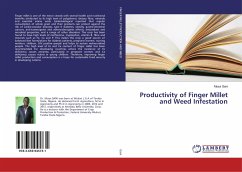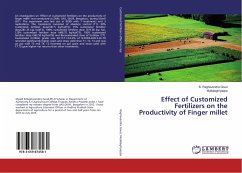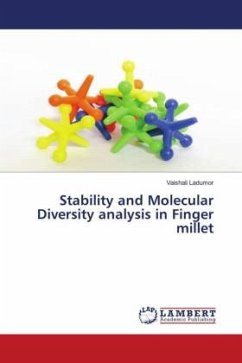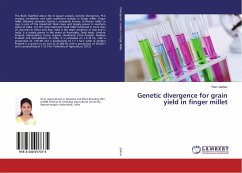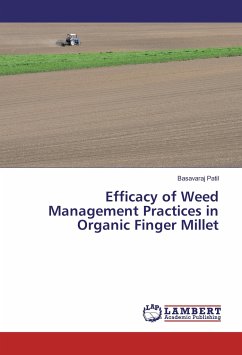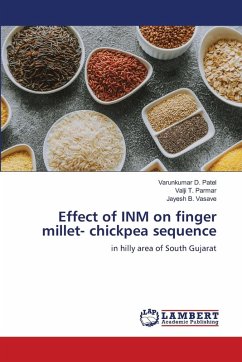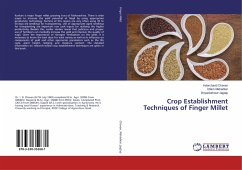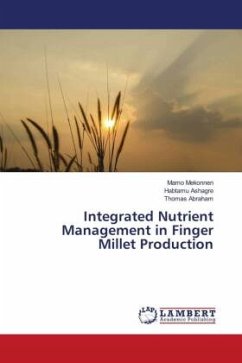Finger millet is one of the minor cereals with several health and nutritional benefits attributed to its high level of polyphenol, dietary fibre, minerals and essential amino acids. Epidemiological reported that regular consumption of whole grain and their products can protect against the risk of cardio-vascular diseases, type II diabetes, obesity, gastro-intestinal cancers, anti-tumerogenic and atherosclerogenic effects, antioxidant and microbial properties, and a range of other disorders. The crop has been found to have high levels of methionine, tryptophan, vitamin B, fibre and minerals such as Fe, Ca and P. This makes the crop a good source of balanced diet formulations for diabetic patients, pregnant women, nursing mothers, children, HIV positive people and helps to sustain malnourished people. The high level of Fe and Ca content of finger millet has been recommended for developing countries where the incidence of Fe deficiency causes aneamia, particularly in pregnant women and Ca deficiency causes rickets in young children. Therefore, improving finger millet production and consumption is a hope for sustainable food security in developing nations.
Bitte wählen Sie Ihr Anliegen aus.
Rechnungen
Retourenschein anfordern
Bestellstatus
Storno

